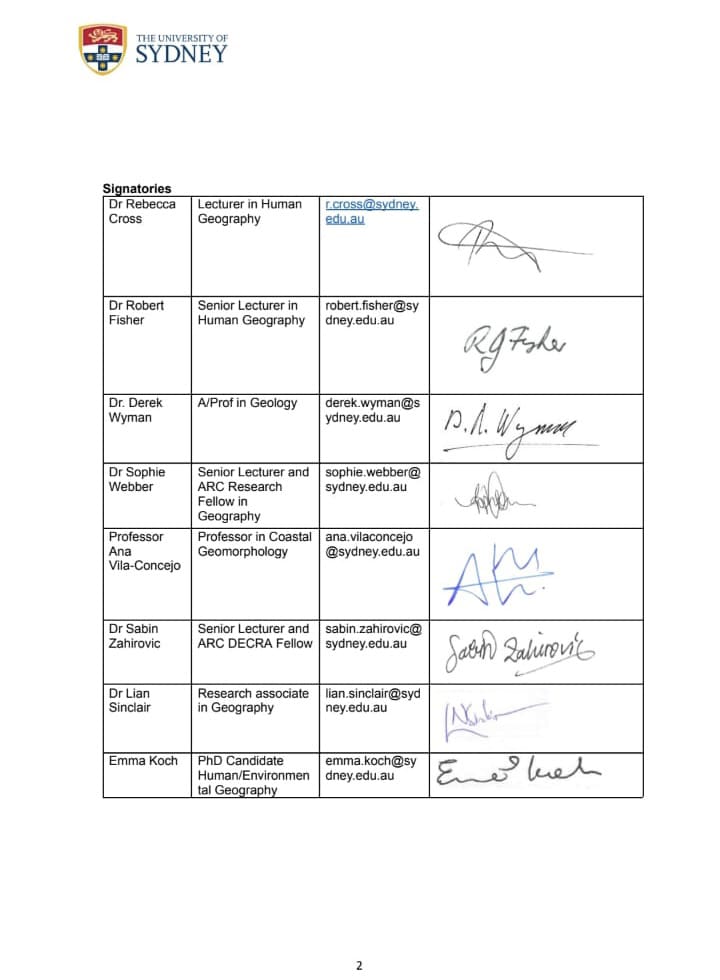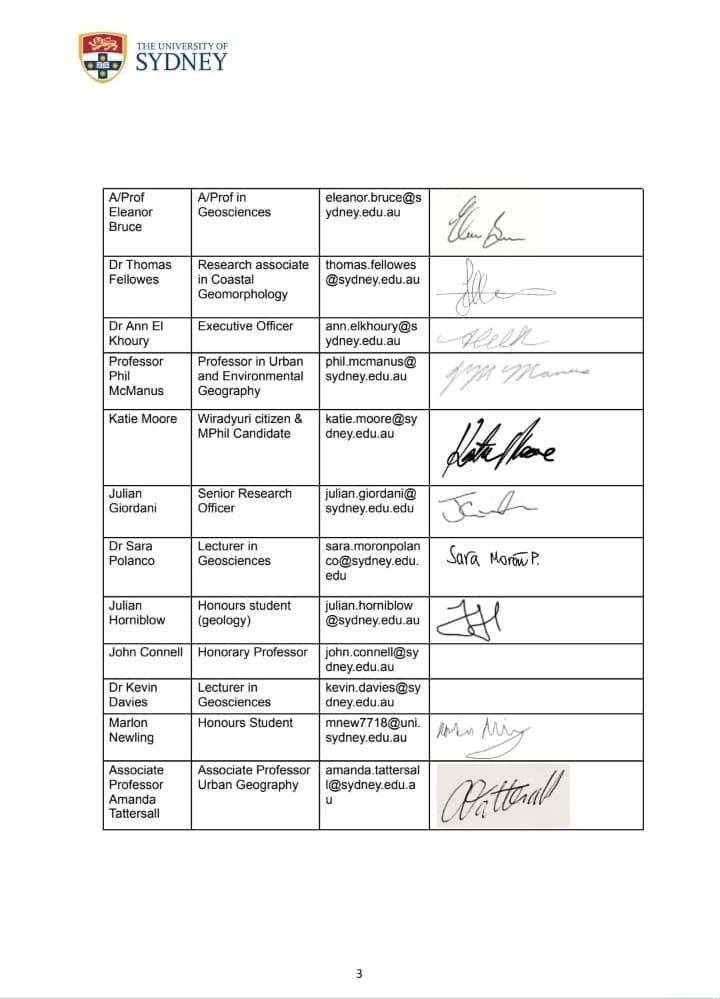In light of the University of Sydney refusing to take a stance on the Voice, several of the University’s faculties and schools have publicly announced their support, with more expected soon.
The University of Sydney’s Law School was the first of many to formally support the Uluru Statement of the Heart in May 2021, after their Board passed a resolution.
The Faculty of Medicine and Health are expected to release a statement within the next two weeks. Faculty General Manager Kate Ramzan said that “the Faculty of Medicine and Health acknowledges the potential impact an Aboriginal and Torres Strait Islander Voice to Parliament may have on the health and wellbeing outcomes of First Australians and are currently in consultation. We will communicate with our community and stakeholders when our consultation is finalised.”
Similarly, the Faculty of Science are expected to release a statement in support of the constitutional change. Dean of Science Marcel Dinger explained, “at this stage, the Faculty of Science is in a consultation phase to determine first whether to make a publicised position that is separate or in addition to the position taken by the University and, if so, what shape that might take.”
The School of Geosciences, within the Faculty of Science, made a submission to a parliamentary inquiry in April of this year that expressed support for the Voice.



The School of Chemistry have also endorsed a Yes vote following a school-wide consultation process. Head of School Peter Rutledge commented on visible statements of support across the School.
In a statement to Honi, Rutledge said that “we are currently expressing this support on display screens around the School (see below — these slides play as part of our regular sequence of notices and announcements on screens around the School), using a form of words agreed in consultation with the DVC-ISS, and images provided by Cornel Ozies and Michelle Kaldy in the DVC-ISS team”



In a previous media statement, the University stated that they demonstrate their “value, respect and celebration of Aboriginal and Torres Strait Islander people’s knowledge […] through our actions and leadership. For example, in 2011 we were the first Australian university to appoint an Indigenous person to a position Deputy Vice-Chancellor, and our One Sydney, Many Peoples Strategy describes how we’re working to achieve an overarching aim of reaching parity between Indigenous and non-Indigenous students and staff.”
Former Deputy Vice Chancellor Shane Houston, who is referenced in the University’s statement, was the subject of a controversial legal settlement in 2018. As a result of his immediate removal from his position — which was speculated to have been founded in rumours about Houston’s sexuality — community relationships were tarnished, which the University has since failed to reconcile.
Similarly, the University’s One Sydney, Many Peoples 2021-2024 Strategy has received fair criticism from staff across the university, especially in regards to the lack of exploration and commitment to cultural safety in the workplace. The parity targets outlined in the strategy have yet to be proven to be implemented, with more pressure entering from recent Enterprise Bargaining agreements with the NTEU.
The University has never held an institutional position on vital social issues of the past, including the marriage equality plebiscite and the 1967 referendum. This has led to detrimental effects on the wider USyd community, such as the 2017 clash on campus with police and “Vote No” protesters.
In refusing to take a stance on the Voice, USyd has placed itself in the minority of Australian universities. At of the time of writing, 23 of the country’s 41 universities have taken a stance on the Voice — USyd is among the 18 that haven’t. USyd is one of the three universities in the prestigious Group of Eight not to take a stance, with the remaining five publicly supporting a Yes vote.
As the oldest university in Australia — and one built on colonial oppression and systemic racism — the University of Sydney has the most amount of work to do in supporting and reconciling with its Aboriginal and Torres Strait Islander staff, students, and community.





